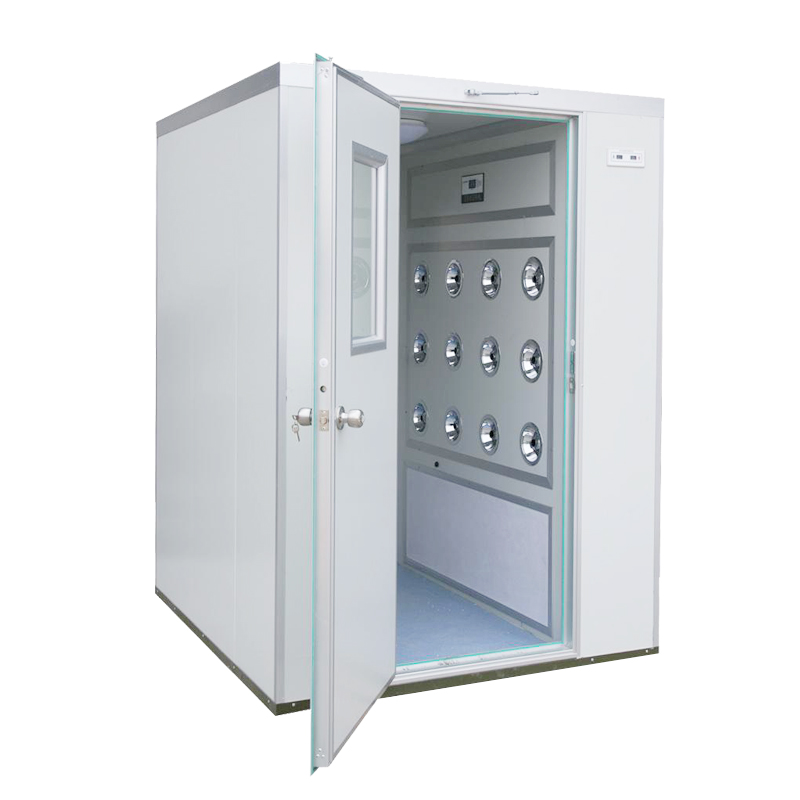

Clean rooms are essential in various industries where m […]
Clean rooms are essential in various industries where maintaining a controlled environment with low levels of contaminants is crucial for product quality, safety, and research. Some of the industries that heavily rely on clean rooms include:
Semiconductor Manufacturing: Clean rooms are critical in the production of microchips and semiconductors. Even tiny particles of dust can cause defects in these highly sensitive electronic components.

Pharmaceuticals: Clean rooms are used in pharmaceutical manufacturing to prevent contamination of drugs and ensure their purity and effectiveness. This is particularly important for sterile products and medications.
Biotechnology: Clean rooms are utilized for biotechnology research and the development of biopharmaceuticals, gene therapies, and other advanced medical treatments.
Medical Device Manufacturing: Industries that produce medical devices, such as surgical tools, implants, and diagnostic equipment, often require clean rooms to ensure the products' safety and effectiveness.
Aerospace: Clean rooms play a role in aerospace manufacturing, particularly for components like satellites, spacecraft, and sensitive instruments that must be free of contaminants.
Optics and Photonics: Industries working with lasers, optical components, and photonic devices require clean rooms to maintain precision and prevent interference from particles.
Microelectronics: Beyond semiconductors, clean rooms are essential for the manufacturing of other microelectronic devices like sensors, displays, and micro-electromechanical systems (MEMS).
Research and Development: Clean rooms are used for scientific research in various fields, including nanotechnology, materials science, and experimental physics.
Hospitals and Healthcare: Clean rooms are used in hospitals for sterile procedures, isolation rooms, and areas where patients with compromised immune systems are treated.
Food and Beverage: While not as common as in other industries, clean rooms can be found in food processing and beverage production, especially for products requiring stringent hygiene standards.
Automotive: Some aspects of automotive manufacturing, such as the production of sensitive electronic components or specialized coatings, may require clean room environments.
Environmental Testing: Clean rooms can be used for environmental testing and monitoring, ensuring accurate measurements in controlled conditions.
Academic and Government Research: Educational institutions and government laboratories may utilize clean rooms for various scientific research projects.
It's important to note that the level of cleanliness required varies among these industries, leading to the classification of clean rooms into different categories based on the allowable levels of particulate and microbial contamination.
Our new models offer superb design;competitive prices and their new features give them distinct advantages over similar products from other manufacturers.